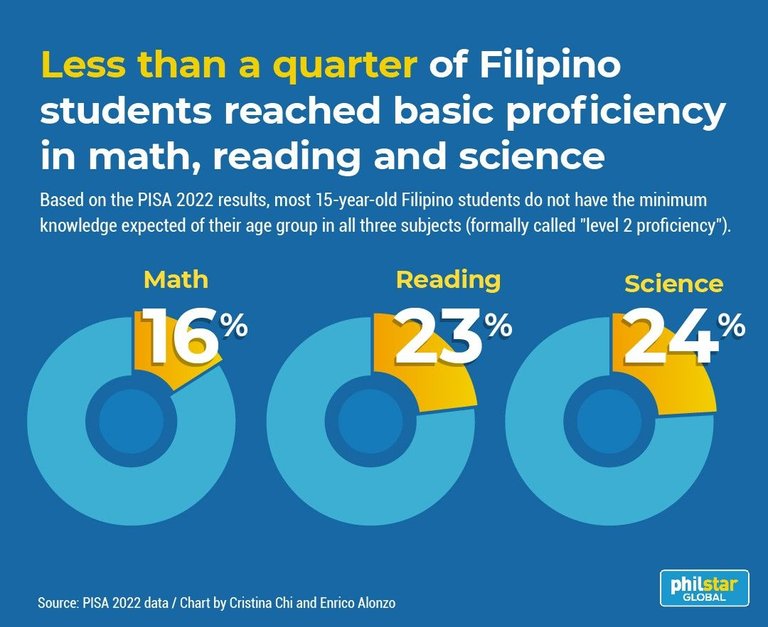Honors Inflation: The Academic Paradox

Source: https://www.goodhousekeeping.com/life/a26898122/graduation-instagram-captions/
Graduation season is a time of profound significance, marking the culmination of years of academic dedication and personal growth. It is a period characterized by a whirlwind of emotions, where excitement and pride take center stage. Students, having navigated through countless sleepless nights and strenuous study sessions, finally get to bask in the glory of their hard-earned achievements. The completion of an academic journey is not merely a personal milestone but a shared triumph that resonates deeply with friends, family, and the wider community.
Sharing these milestones with friends and family elevates the joy of graduation. Ceremonies, parties, and gatherings become the backdrop for reflecting on the past and envisioning the future. These communal celebrations underscore the importance of community and the collective effort that often underpins individual success. The pride felt by graduates is mirrored in the faces of those who have supported them along the way, creating a tapestry of shared happiness and mutual appreciation.
The Surge in Honors Students

(A recent article in the Philippine Inquirer also discussed this observation. The article can be read here: https://pop.inquirer.net/363103/progress-or-lowered-standards-social-media-user-questions-increasing-number-of-students-graduating-with-honors)
In recent years, there has been a marked increase in the number of students graduating with honors. This trend, while commendable, has sparked discussions among educators and students about its underlying causes and implications. Various factors contribute to this surge, each reflecting broader changes within the academic landscape.
One significant factor is the adjustment of grading policies. Many educational institutions have revisited their grading systems, implementing more lenient criteria for achieving honors. This recalibration aims to recognize a broader spectrum of student achievements, thereby encouraging academic excellence. However, it also raises concerns about grade inflation and the dilution of academic standards.
While the surge in honors students is undoubtedly a cause for celebration, it also presents challenges. Educators grapple with maintaining rigorous academic standards amidst this upward trend, ensuring that the prestige of graduating with honors remains intact. Simultaneously, students may feel a paradoxical pressure to achieve honors as the norm shifts, potentially impacting their mental well-being and academic experience.
In this intricate balance, the increase in honors graduates highlights both the successes and complexities of modern education. It underscores the need for continuous dialogue and evaluation to uphold the integrity and value of academic honors.
A Closer Look at Academic Standards
Academic standards serve as a benchmark for evaluating student performance and awarding honors during graduation season. These standards are crucial for maintaining the integrity and value of educational achievements. Over the years, there has been ongoing debate regarding whether academic standards have been relaxed or if genuine improvements in student performance have contributed to the observed trends in honor awards.
In recent years, some argue that academic standards have become more lenient, possibly due to grade inflation, changes in assessment methods, or shifts in educational philosophies. For instance, the adoption of holistic evaluation approaches that consider diverse aspects of student development—beyond mere academic scores—has influenced the criteria for awarding honors. This shift aims to recognize a broader spectrum of student achievements, including leadership, creativity, and community service.
Comparing current standards with those from previous years reveals a complex picture. While the criteria may have evolved, the underlying goal remains the same: to recognize and celebrate genuine academic and personal achievements. By examining these standards closely, it becomes evident that the evolution of academic criteria is a response to changing educational landscapes, aiming to uphold the value and integrity of academic honors in a modern context.
The Issue of Grade Inflation

Source: https://hechingerreport.org/proof-points-new-evidence-of-high-school-grade-inflation/
One of the primary factors contributing to this disconnect is grade inflation. Grade inflation refers to the tendency of educators to award higher academic grades for work that may not meet the corresponding level of excellence. This practice can create a misleading impression of a student’s true capabilities and knowledge. As a result, students may receive honors that do not accurately reflect their understanding or mastery of the subject matter.
Global Assessments: A Reality Check

Source: https://oecdedutoday.com/looking-forward-to-pisa/
Global assessments, such as the Programme for International Student Assessment (PISA), provide a more objective measure of student performance across different countries. Unfortunately, it has been observed that students who receive academic honors do not always perform well on these assessments. This discrepancy suggests that the awarding of honors may be based on criteria that do not align with rigorous international standards of academic achievement.
Contradictions in Educational Outcomes: The PISA Results
The Programme for International Student Assessment (PISA) results have brought to light an intriguing paradox within the education system. Despite the high number of students graduating with honors, the Philippines continue to perform poorly in these international assessments. This discrepancy raises critical questions about the effectiveness and focus of current educational practices. While a substantial number of students excel within their national education frameworks, their skills and knowledge often do not align with the competencies measured by PISA, which emphasizes problem-solving, critical thinking, and the application of knowledge in real-life scenarios.
One potential reason for this contradiction lies in the differences in testing methods. National assessments often focus on rote learning and memorization, rewarding students who can recall information accurately. In contrast, PISA evaluates students' ability to apply what they have learned to unfamiliar situations, a skill that is not always nurtured in traditional education systems. This fundamental difference can result in students excelling in national exams but falling short in international assessments.
Another contributing factor is the disparity in educational focus. Many educational systems prioritize academic achievement and standardized testing, sometimes at the expense of developing critical thinking and problem-solving skills. This narrow focus can leave students ill-prepared for the types of questions and challenges posed by PISA, which require a broader, more holistic understanding of the material.
The misalignment between academic honors and genuine learning achievement can have several adverse consequences. For students, it can lead to a false sense of accomplishment and unpreparedness for higher education or the workforce. For educational institutions, it undermines the credibility of their grading systems and devalues the meaning of academic honors. It is crucial for educators and policymakers to address these issues to ensure that academic honors truly reflect students' academic abilities and learning outcomes.


ito lang alam ko boss noong nagaaral ako basta may baon masaya na ako 😀 !PIZZA
Naku! Noong ako ay nag aaral pa, lagot talaga pag lumiban sa pag aaral. Mabibingi ka talaga😅 Noon, walang baon, walang pamasahe, wala ring dahilan para hindi magpatuloy. Ngayon, halos lahat nasa nga kabataan na pero may dahilan pa rin na hindi mag aral.
$PIZZA slices delivered:
@dantrin(1/5) tipped @mdasein